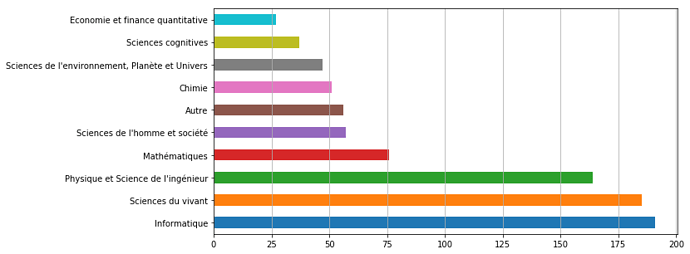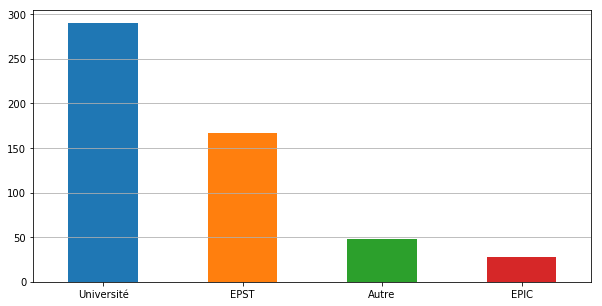Hello everyone,
I hope you’re all doing well. Tomorrow, the 3rd session of our MOOC “Reproducible research: Methodological principles for a transparent science” will open for one year. Compared to the previous sessions, we have added a lot of material to provide a smooth introduction to git and gitlab for beginners, an historical overview of reproducible research, overviews and testimonies of the issues of reproducibility and transparency in humanities and social sciences.
This MOOC is aimed at PhD students, researchers, master students, teachers, engineers from all disciplines who want to learn about modern and reliable publishing environments and tools. If you know someone who hasn’t followed it yet (or someone willing to check all our new additions), tell them it’s the perfect period to improve their research methodology! We have already more than 2000 persons registered and I’m still super late to disseminate the information to doctoral schools (in general, this kind of training is recognized by doctoral school as about 24 hours of lecture). All the information are available here.
Thanks for your help in disseminating this information.
Best,
Arnaud
P.S.: Spoiler, we are currently working on an other Reproducible Research MOOC that will target more technical aspects (e.g., software environment, data management, workflows).

